We’re delighted to announce the competition winners for 2022 summer term’s City Writes event showcasing the fabulous talent coming from City’s Short Courses. These wonderful winners will be joining debut writers and alumni of the Novel Studio, Attiya Khan and Simon Culleton. You can register for the Zoom event on Thursday 7th July at 7pm here.
Our winners this term are:

Richard Bowyer
Richard Bowyer for his extract, ‘The Manton Ultimatum’.
Richard Bowyer is just completing City University’s Novel Studio course. The characters and setting in ‘The Manton Ultimatum’ are drawn from The White House, his novel in development. He likes to write about the nature of community and belonging, friendship and obligation, everyday heroes, inclusion and exclusion, and how decisions get made. Richard was born and brought up in Essex and now lives in West London with his demanding cat and understanding wife.

Jonathan Gallard
Jonathan Gallard for his story, ‘We Didn’t Start the Fire’.
Alumnus of the Short Story Writing course, Jonathan Gallard is a writer whose style and approach defies categorisation. Mostly because he hasn’t written much, yet.
Orsolya Kiss-Toth for her extract from Nadi Leaves.
Originally from Hungary, Orsolya moved to Leeds about 15 years ago where she lives with her partner. She is an HR professional and whilst she loves the challenges of her role, writing is something she’s passionate about.
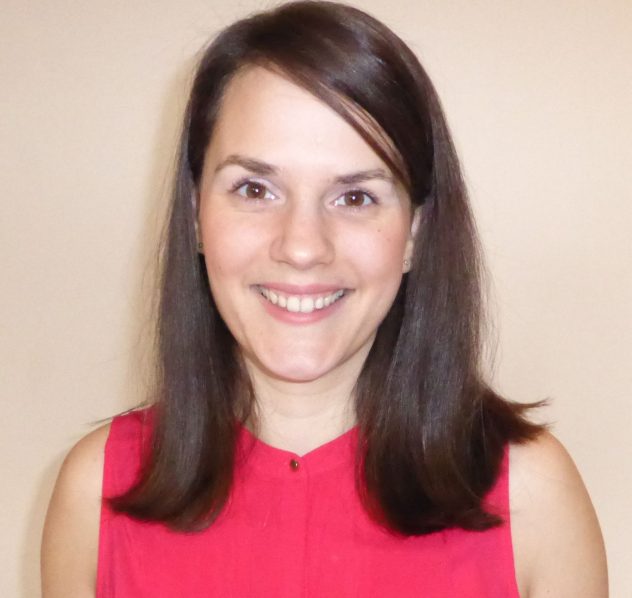
Orsolya Kiss-Toth
She first joined a writing group in November 2020, is an alumna of the Writers’ Workshop, and her first novel, 24 Windows, was long listed in the Stylist Prize for Feminist Fiction 2021. She’s currently working on her second novel, Nadi Leaves.
Jordan McGarry for her creative piece, ‘The First Spring’.
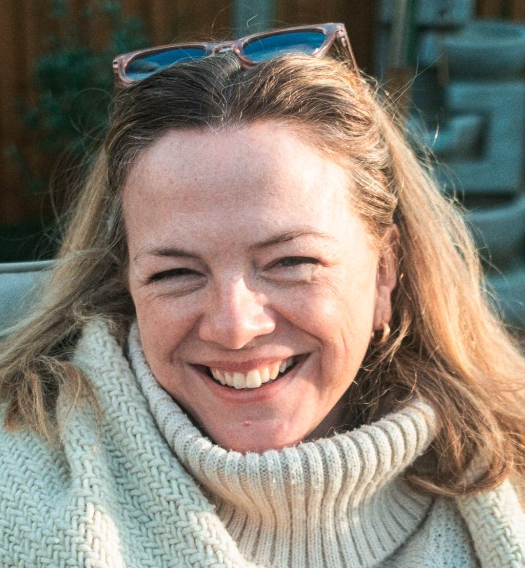
Jordan McGarry
Jordan McGarry has worked in the screen industries for 20 years, initially as a journalist covering the industry, and then as a programmer, a producer and now as an executive. Jordan is endlessly interested in story, but more used to helping other people write theirs than telling her own. She is trying to be braver in 2022 (though will never be comfortable with writing about herself in the third person). She is just completing the Narrative Non-Fiction course.
Lia Martin for her story, ‘Church Bells’.

Lia Martin
Lia Martin is a Londoner completing her Creative Writing MA at Birkbeck University and was enrolled on City’s Short Story Writing course back in 2014. She started her career in the media but became a secondary teacher in 2015, working in both London and Norfolk-based schools. She now leads on English for a national network of schools and is currently working on a short story collection.
Su Yin Yap for her creative piece, ‘Notes on a Pregnancy’.
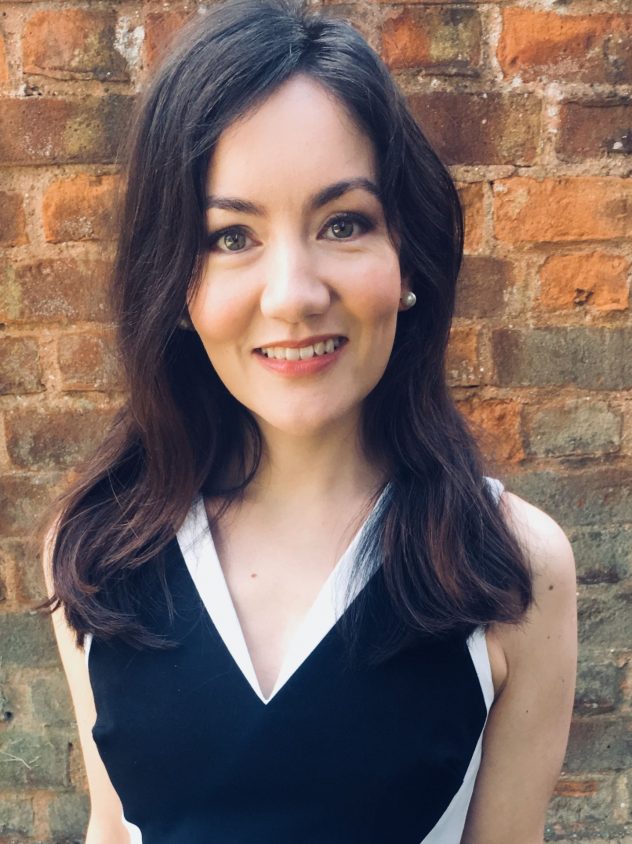
Su Yin Yap
Su Yin Yap is a psychologist and writer. Her work has been published in literary magazines and websites such as Popshot Quarterly and Litro Online, as well as various anthologies of flash fiction and creative non-fiction. She has written for the psychology section of the award winning Arts and Culture website Headstuff.org. She is currently working on a collection of essays. She is an alumna of the Short Story Writing course.
These fantastic authors will be reading online at City Writes alongside Attiya Khan and Simon Culleton on Thursday 7th July at 7pm. From village referendums through lost loves and historical feuds to the anticipation of life to come, City Writes Summer 2022 will be a night of readings to remember. You can register here. We look forward to seeing you there.



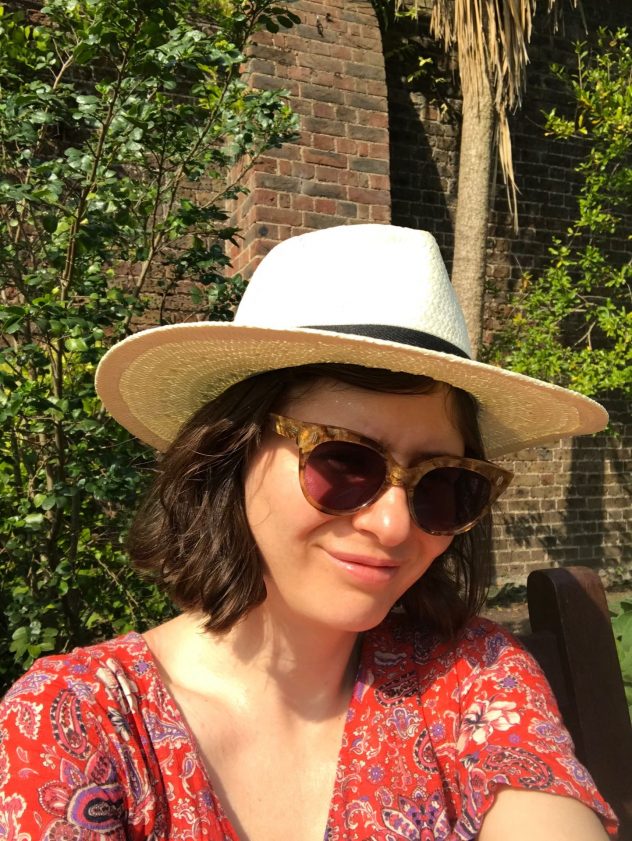




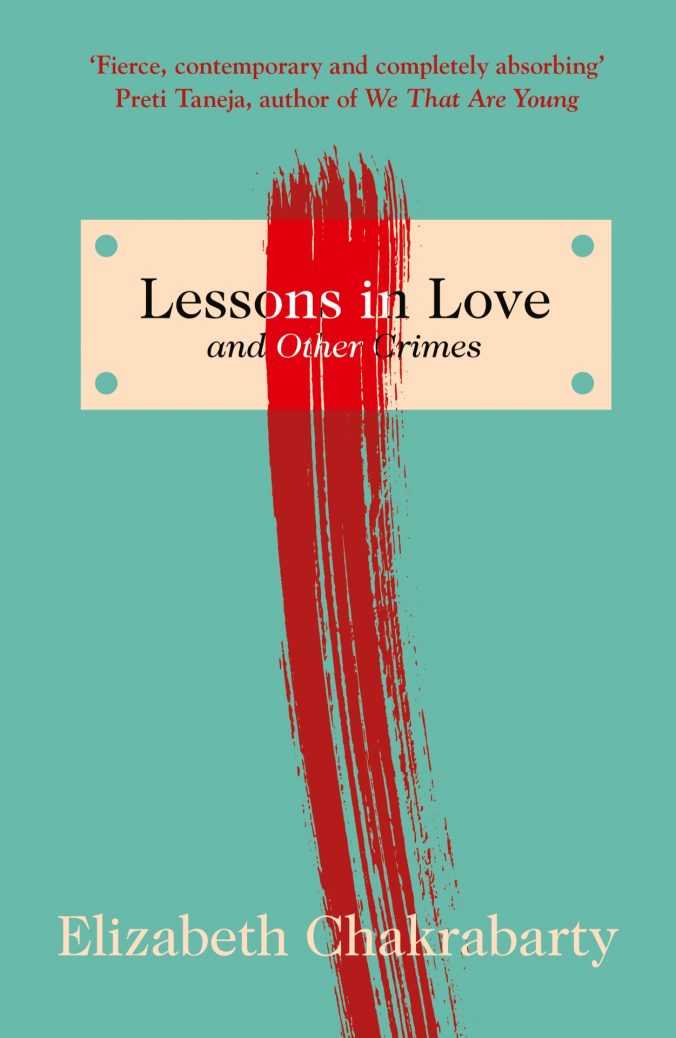

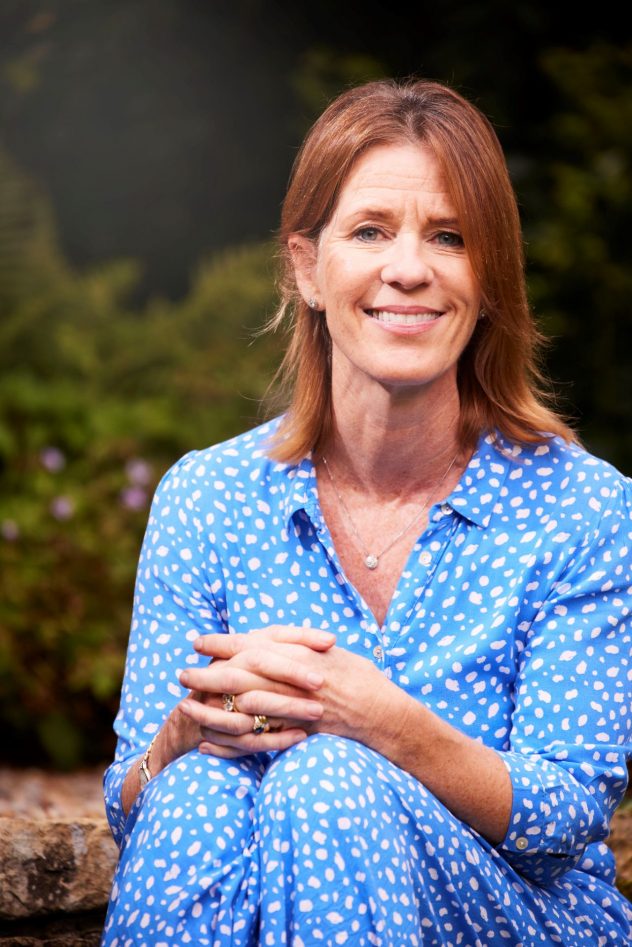


 he course has a
he course has a 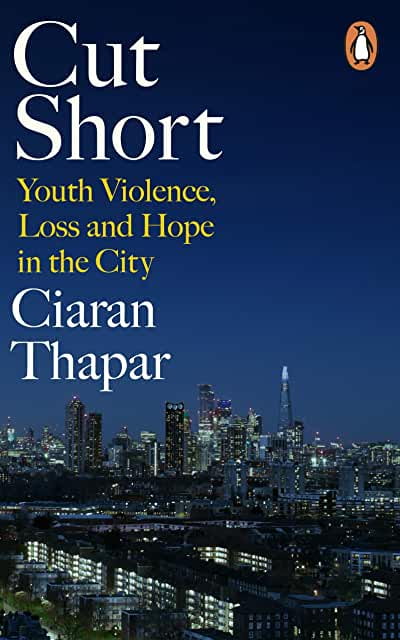

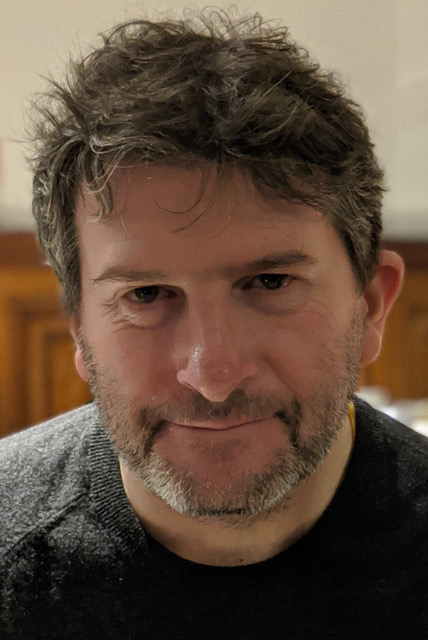



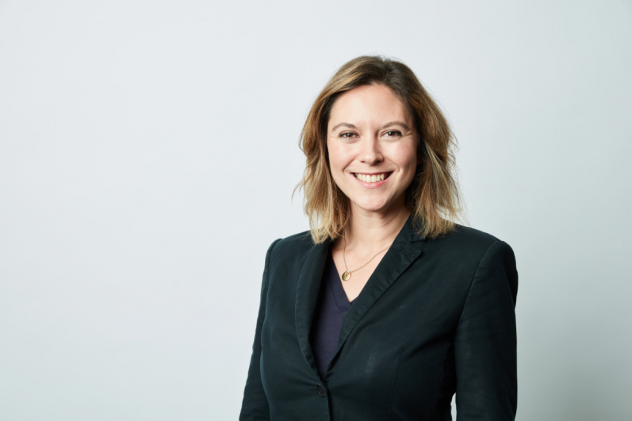





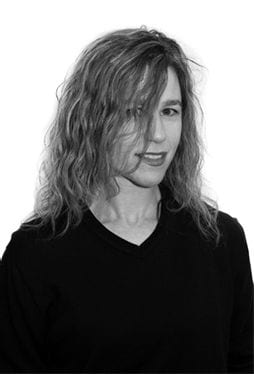
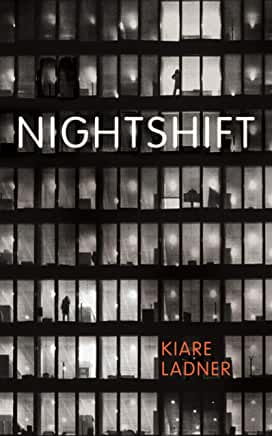


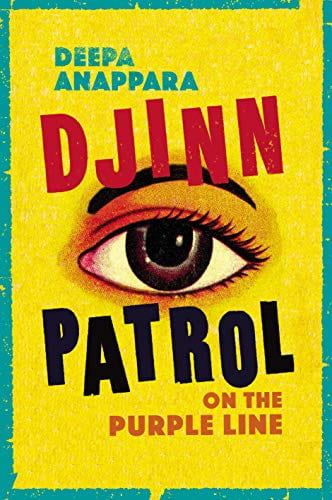
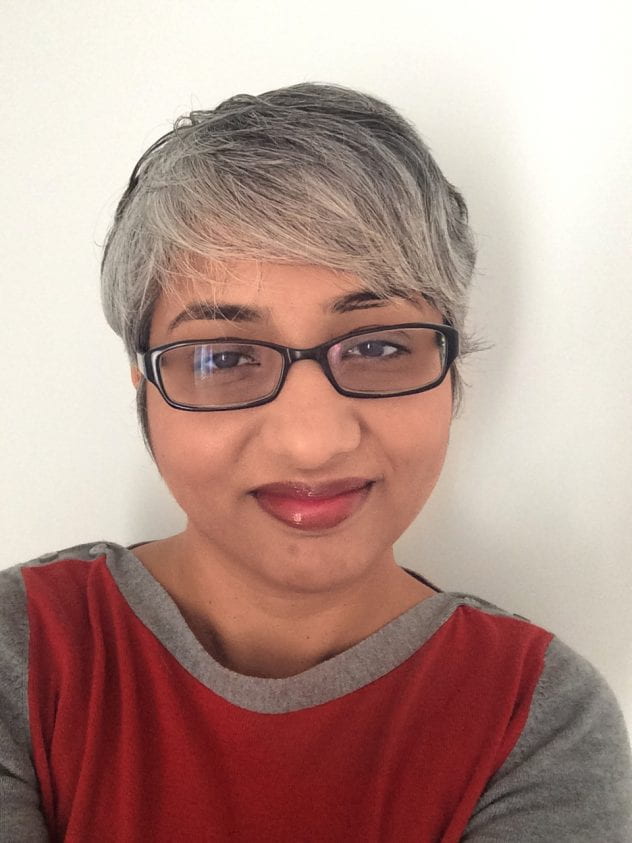
Recent Comments